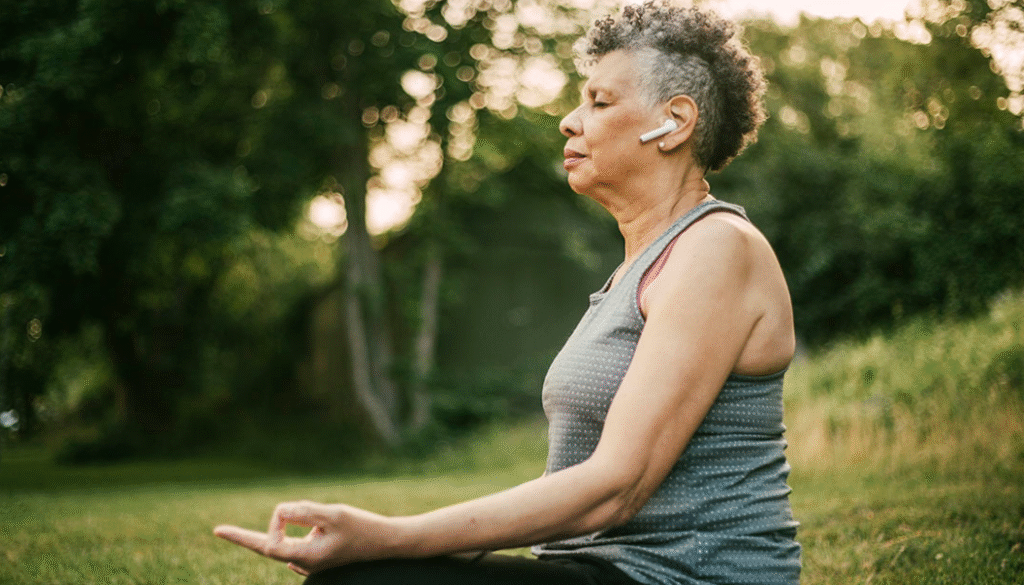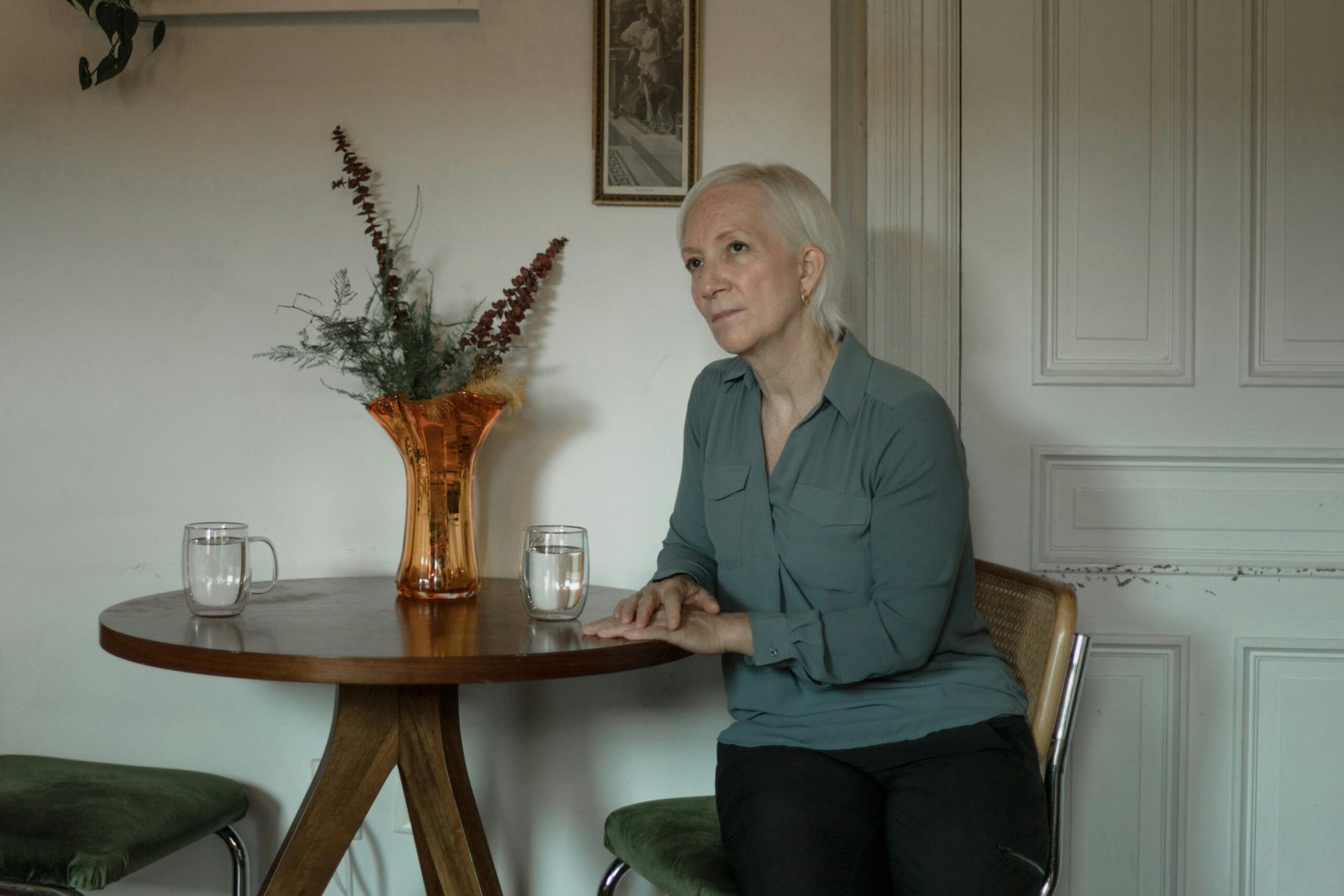
Self-care after divorce isn’t indulgent—it’s essential. Simple steps to rebuild your energy, purpose, and peace. Inspired by the eGuide: Starting Over After Divorce in Your Later Years.
When life changes in your 40s, 50s, and beyond—especially after a divorce—self-care becomes more than a bubble bath and a day off. It’s how you rebuild your energy, protect your peace, and make steady progress toward a life that fits who you are now. Think of self-care as practical maintenance for your mind, body, and spirit—small, repeatable actions that keep the engine running. When it’s difficult to care for yourself, caring for others becomes a chore, not an act of love… Does your engine need a tune-up?
Self-Care Is
- Intentional nourishment – choosing activities that restore your energy, peace, and joy, not just distract you.
- Healthy boundaries – saying no when something drains you and yes to what supports your well-being.
- Emotional check-ins – pausing to ask, “How am I really feeling?” and giving yourself permission to feel it.
- Consistency over luxury – small, steady acts (rest, journaling, prayer, walks) matter more than expensive splurges.
- A form of stewardship – taking care of your body, mind, and spirit so you can show up fully in this next chapter.
Self-Care Is Not
- Escapism or avoidance – bingeing on TV, shopping, or scrolling to hide from emotions or healing.
- Selfishness – caring for yourself equips you to love others better, not less.
- A reward you earn – it’s a requirement, not something you “deserve” only after being productive.
- One-size-fits-all – what fills someone else’s cup might empty yours; tailor your care to your needs.
- A quick fix – it’s a lifestyle, not a one-day retreat. Real self-care builds resilience over time.
The Five Pillars of Effective Self-Care
- Body (Energy & Health)
Sleep, hydration, gentle movement, and regular meals. Aim for consistency over intensity. - Mind & Emotions (Calm & Clarity)
Short journaling, breath work, therapy or coaching, and media boundaries. Name feelings without judgment. - Spirit & Meaning (Why You Get Up)
Prayer, meditation, nature, worship, or quiet reflection. Feed your sense of purpose. - Relationships & Boundaries (Safe Connections)
Keep a small “go-to” list of supportive people. Practice one calm boundary sentence each week. - Money & Home (Practical Stability)
Simple budgets, tidy surfaces, and predictable routines. Order in your surroundings creates order in your mind.

Ten-Minute Micro-Habits That Actually Help
- Drink a full glass of water and stretch your shoulders.
- Walk to the end of the block and back.
- Write five lines in a journal: What happened? How do I feel? What’s the next step?
- Put on uplifting music while you clean the house.
- Text one person: “Thinking of you—coffee this week?”
- Say your boundary out loud: “That doesn’t work for me. Here’s what does.”
- List today’s top one priority (not ten). Do it first.
- Put into practice a life lesson learned from Starting Over After Divorce in Your Later Years and complete the action steps.
Want Guidance You Can Use Right Away?

This blog is a taste of what’s inside Starting Over After Divorce in Your Later Years eGuide—short Life Lesson Tips, everyday language, and information designed for real life. Clear, step-by-step action plans you can read or listen to in minutes and start using the new life lessons right away. This is the condensed version of a longer 200-page ebook—boiled down to the most important points so you can skip the overwhelm and focus on results. Our easy-to-follow eGuide equips you with the core insights, practical steps, and proven strategies without the fluff.
Life is too short to waste time going around in circles, not knowing what to do!
Simple, Practical, Guidance… Ready to use action steps.
👉 Visit website: lifelessoneguides.com
